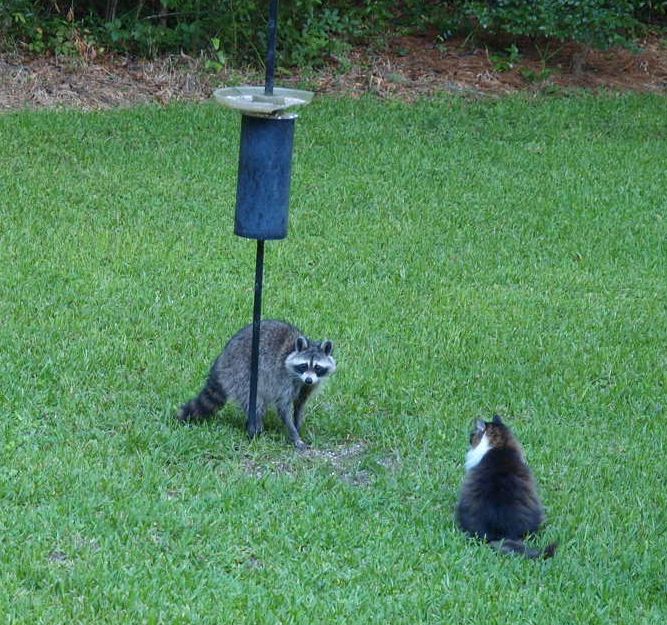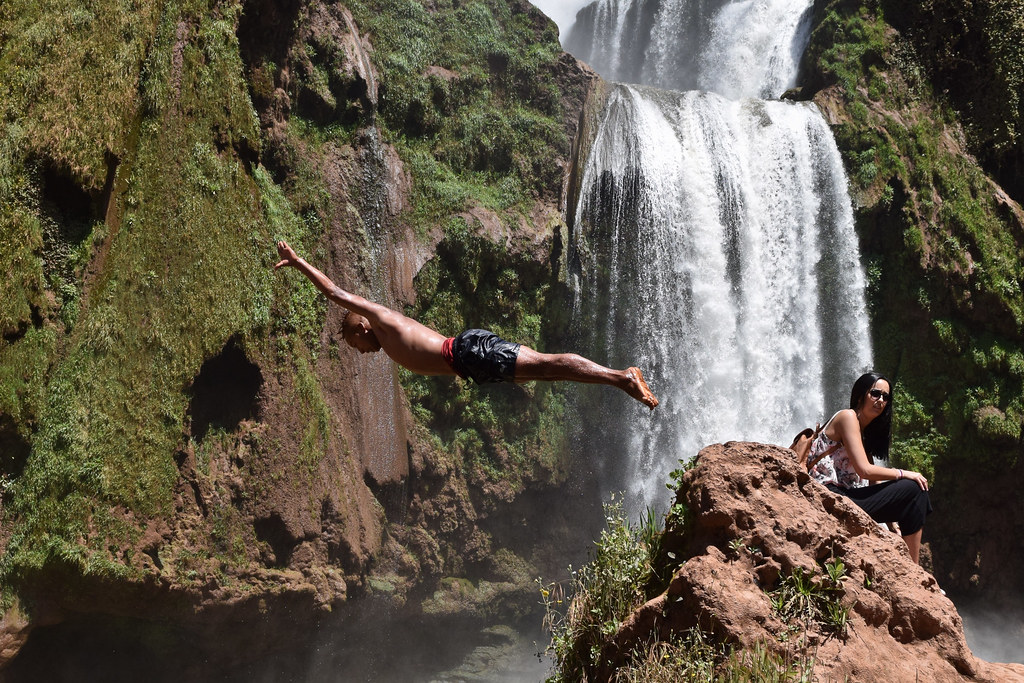Nice Photos.
Posted by: u5227470736789439 on 27 February 2008
Here is my candidate as being almost quite good. In fact it is two painstakingly joined.

Taken up in the mountain at Skurdalsvatn in 2000.
Though this one takien in Warsaw in November 2006 is not bad:

I know there are several good photgraphers here, and it would be nice to see some of you best efforts if you feel inclined to share!
George
Thank you Corry . When we were inside the Cathedral they were celebratiing a wedding and when it was finished it started raining.Seems to be normal?????
winkyincanada posted:A similar effect is pretty easy in Photoshop. Create a duplicate layer, apply a Gaussian blur to that layer then increase its transparency to taste so that the sharp original layer shows through. It seems to work best on grey-scale and sepia (and similar) images, but some colour images can look OK, too. It can be very flattering on portraits if not over-done (which it usually is - think "glamour" shoots).
The effect seakayaka has achieved is similar to what I used to do in film days. Black net over the lens to bleed the shadows/blacks without bleeding the highlights. The Photoshop gaussian blur bleeds everything without selecting specific parts. I just though there may be a simple all in one filter app to do this fast.

"They've sold the house and we're moving ... I can't play with you anymore"
Noo!!
- seakayaker posted:
The Photographer
The photographer ?
maybe.
The world is full of colour and scale isn't it ?
That's fab, Christian!
Kevin-W posted:That's fab, Christian!
Thanks Kevin ![]()
More clouds.





Concrete dynosaur,may I?
Fabio 1 posted:Concrete dynosaur,may I?
It is indeed - and a costly one too. Several of these bridges were built in the nineties to basically "bridge" the rural coastal communities with the mainland. Our continental coastline is about 25 148 km long and many of these communities still exists thanks to transportation based on fossil fuels. These bridges together with off-shore servicing, fish farming, fishing and daily commute to the larger towns makes it possible to have a somewhat decentralized population. The main way of transportation is based on the car and there is no viable alternative.
That's an interesting explanation.
This is photograph of a photograph, but the painting is now believed to date from 36,000 years ago (twice as old as those at Lascaux). Just incredible. The oldest human art known to exist. The artists even used the contours of the wall to make the images appear to move when lit by the flickering flames of a torch or fat-lamp.
Caverne du Pont d'Arc (Chauvet Cave), discovered in 1994 having been sealed for at least 21,000 years by successive rock-falls.
The entire thing has been recreated from digitised 3d photographs and measurements, and cast in resin and concrete, printed and painted to make an exact duplicate which you can visit. I didn't think a 'fake' could impress me, but this really did!

rodwsmith posted:This is photograph of a photograph, but the painting is now believed to date from 36,000 years ago (twice as old as those at Lascaux). Just incredible. The oldest human art known to exist. The artists even used the contours of the wall to make the images appear to move when lit by the flickering flames of a torch or fat-lamp.
Caverne du Pont d'Arc (Chauvet Cave), discovered in 1994 having been sealed for at least 21,000 years by successive rock-falls.
The entire thing has been recreated from digitised 3d photographs and measurements, and cast in resin and concrete, printed and painted to make an exact duplicate which you can visit. I didn't think a 'fake' could impress me, but this really did!
That is remarkable! So much of the later cultural artifacts seems so much cruder. Thanks for posting!
rodwsmith posted:This is photograph of a photograph, but the painting is now believed to date from 36,000 years ago (twice as old as those at Lascaux). Just incredible. The oldest human art known to exist. The artists even used the contours of the wall to make the images appear to move when lit by the flickering flames of a torch or fat-lamp.
Caverne du Pont d'Arc (Chauvet Cave), discovered in 1994 having been sealed for at least 21,000 years by successive rock-falls.
The entire thing has been recreated from digitised 3d photographs and measurements, and cast in resin and concrete, printed and painted to make an exact duplicate which you can visit. I didn't think a 'fake' could impress me, but this really did!
Probably the first stock market analysis ever, using bulls and bears as symbols for anticipated directions.








